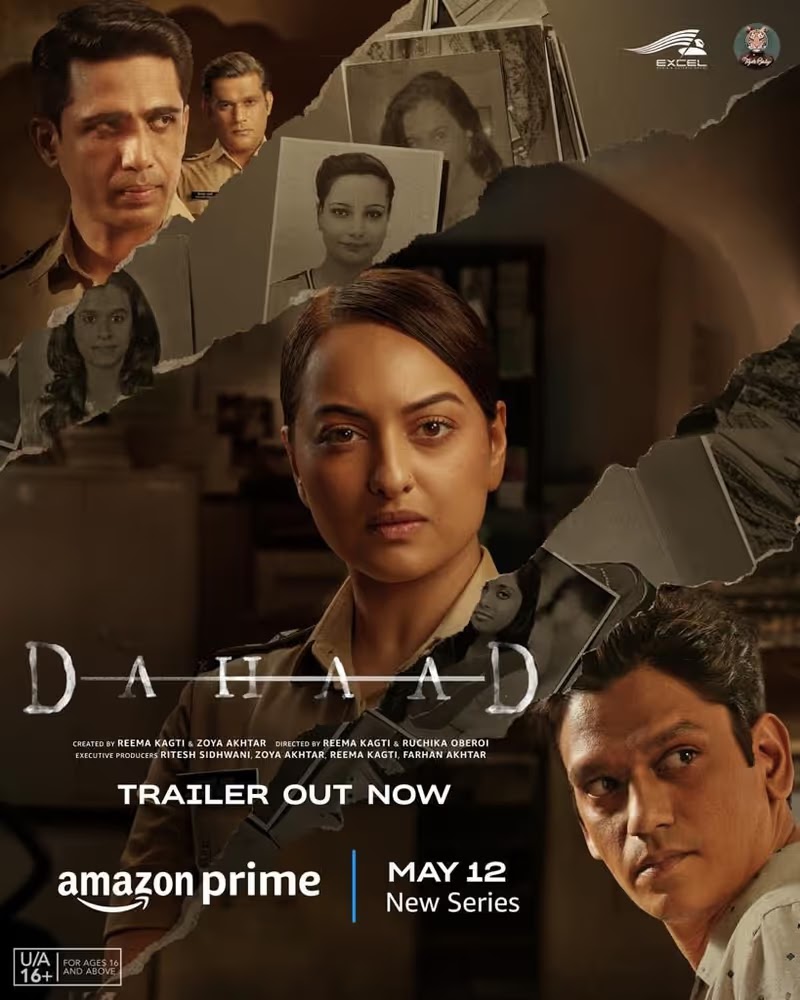Ah, New Zealand, land of mountains and fjords, beautiful and isolated. What better place for a survivalist billionaire to purchase a little just-in-case bolt hole? None, it appears, and in Birnam Wood, Booker prize winning New Zealand author Eleanor Catton offers up a plausible one: Robert Lemoine.
He's about to buy an old sheep farm adjoining one of the South Island's national parks when he finds Mira Bunting trespassing. She spins him a yarn which he soon unravels: Mira is actually loitering with intent to garden. Talk about contrasts: she is an idealistic guerrilla gardener hoping to short circuit the capitalist system, while Robert became one of the richest people on the planet by purveying surveillance equipment and high tech drones.
That's the key meeting in Birnam Wood, a psychological thriller that delivers considerable suspense while presenting incisive character studies of the principal actors and a good deal about New Zealand leftist politics. It also raises interesting questions about the costs and feasibility of a quick conversion from fossil fuels and about the potential and astronomical profits for anyone in the right place with the right minerals.
Catton uses a complex structure to keep all these strands together, presenting the action via the viewpoints of several characters, including the key Birnam Wood folks: Mira, founder and leader, whose tendency to step over the line in a good cause leads to the crucial meeting with Robert; her increasingly resentful roommate and second in command, Shelley Noakes, who proves not only more practical but more ruthless, and former member, Tony Gallo, an aspiring investigative journalist and an ideologue with some serious political ambitions.
We also get inside the head of Jill Darvish, devoted wife of the recently ennobled Lord Owen, who sees some disturbing fissures in their long and happy marriage since her husband was raised to the peerage. The Darvishes own the old sheep farm where Mira wants to plant veggies and Robert wants a bunker – and perhaps more.
Robert is a bit of a Master of the Universe caricature, perhaps almost a necessity since his sense of his own power and intelligence drive much of the action. He is a chilly guy, never more sinister than when he is being charming and helpful.
The others are a more complex, but each has not only marked strengths but little weaknesses which become more pronounced after the Birnam Wood volunteers are settled at the farm, where their work is underwritten by Robert's largesse. Catton skillfully creates a situation where one careless decision creates a disastrous cascade. To my taste, there is perhaps more disaster than needed, but Birnam Wood is very much in the contemporary style with its splashy climax.
There is another character in the novel that deserves mention, rural New Zealand itself. Catton not only sketches in the spectacular beauty of the landscape but also the extreme isolation possible given the ruggedness of the terrain, the few roads, and the vast forests with only a few trails and even fewer hikers huts or services. It is a place where a lot can happen out of sight as the characters eventually discover.




























